If you have already completed your MD or DM, then you can go for a Ph.D. in Radiology. This program focuses on radiation and ultrasound techniques and related science. It also covers topics in anatomy, physiology, and disease. The requirements for this degree are relatively low. To obtain the degree, you must have a BSc in medical or pharmacy or a related field. To apply, you should hold a Master's degree in Radiology.
The Ph.D. in Radiology course covers research on radiation, biophysics, and Molecular biology. The average fee is INR 15,000-INR 2 million per annum. After completing the course, you can expect to earn INR 2,000,000 to INR 190,000 annually. You'll have plenty of job opportunities, and a Ph.D. in Radiology can lead to dual degrees.
Ph.D. in Radiology Eligibility
Candidates who want to take admission in Ph.D. must have a post-graduate degree in RADIOLOGY and its relevant discipline with at least 55% marks from a recognized university and must have passed the national level entrance examination or university level entrance examination. National level entrance exams like UGC NET / UGC CSIR NET / GATE / SLET or University entrance exams consist of written tests and personal interviews.
The Benefits of a Ph.D. Radiology
The advantages of a Ph.D. in radiology are many. In the past, clinicians often had to complete a clinical residency before obtaining a doctorate. But now, a Ph.D. degree is the most common route for a career in academia. The research that is conducted in a Ph.D. program can be extremely valuable to the development of radiology. It can lead to improved clinical care and better funding.
A Ph.D. is the ultimate qualification in radiology. It is important to obtain this qualification because it will open up a wealth of opportunities for your future. This doctoral degree is highly valued by institutions, clinicians, and researchers. The research that is carried out with a Ph.D. is of the highest quality and is often the most innovative. In addition, a Ph.D. in radiology will allow you to work in various fields related to radiology, including diagnostic and interventional imaging.
Ph.D. programs in radiology are highly valued, not just for the candidates themselves, but for universities, institutions, and individual programs. The first step in becoming a Ph.D. in radiology is to complete your residency. As a general rule, residency programs last about five years, while a Ph.D. takes up to seven. However, the duration of the program varies from one university to another, and from country to country. The next step is the application process. The application process is straightforward and quick.
The Career and Job Opportunities of Ph.D. in Radiology
Those who wish to pursue a Ph.D. in radiology can find career and job opportunities in the field. This area is one of the fastest-growing and has higher than average job growth. The salary for graduates is also quite attractive and can go up to 12LPA. However, the cost of a Ph.D. in radiology varies according to the country and school. In order to know how much it will cost, you can contact the schools and ask them for the program costs.
The Ph.D. in Radiology course consists of five courses: Research on Radiology, Biophysics, Molecular Biology, and Diagnostic Imaging. It is usually a four-year program with average fees ranging from INR 15,000 to INR 2 million. Upon completion of the program, graduates can expect to earn an average salary of INR 2, 00,000 to INR 19, 000 per annum. Those who have completed the degree will be able to find a wide range of career opportunities in this field. In addition, dual degrees are available with the Ph.D. in Radiology.
If you're interested in a career in radiology, the Ph.D. in Radiology may be for you. The field of radiology is very diverse and offers a wide variety of employment opportunities. With an associate's degree, you'll be prepared for an entry-level position in the field, as a radiation therapist or a researcher. As a Ph.D. graduate, you'll also have the opportunity to publish a thesis that is useful for upcoming radiology enthusiasts.
The Future Scope of Ph.D. in Radiology
Ph.D. in Radiology is a highly specialized postgraduate qualification. In this field, researchers focus on the study of the function and future development of radiology. Their research can help improve the lives of patients and improve the quality of health care. There are many possibilities for career progression in this field. doctorate in Radiology is a great way to further your studies and build your CV. There are many advantages of a Ph.D. in Radiology.
As the field of radiology is constantly evolving, you can expect to find new ways to improve patient care. For example, there are nanotechnology and microparticles used in radiation therapy. These advances will help to diagnose cancer, as well as find the cause of its occurrence. With a Ph.D. in Radiology, you can even publish a thesis for upcoming radiology enthusiasts. There are many career opportunities in this field.
The Ph.D. in Radiology has a variety of options. After completion, you can apply for a postdoctoral fellowship in the field or even become a professor at a medical college. Many research institutes are always in need of scientists. Your salary after earning a Ph.D. in Radiology will range from 8LPA to 12LPA. If you are an outstanding researcher, you may be able to find a job in a high-paying organization.
Ph.D. Research Programme duration
The Ph.D. in Radiology course is a minimum of 3 years and a maximum of 5 duration. This depends on the university offering the course.
Fees for research program for Radiology
The average fee for Ph.D. in Radiology degree is between INR 50000 and INR 500000.
 5 Years
5 Years
 PhD
PhD
 Research
Research









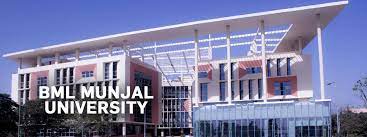
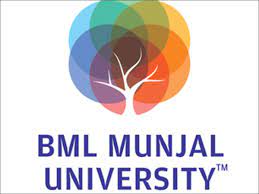
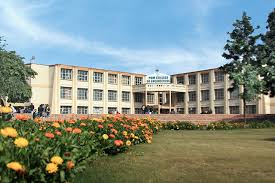
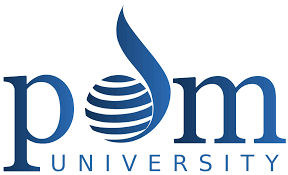



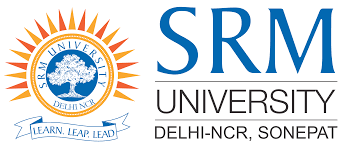



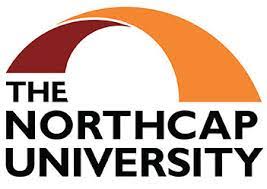
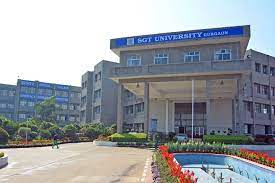
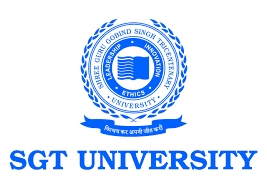

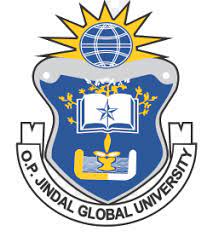
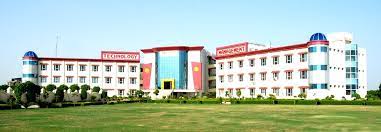


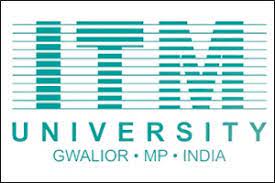

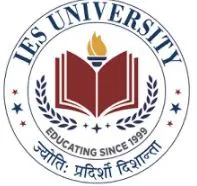


 back
back